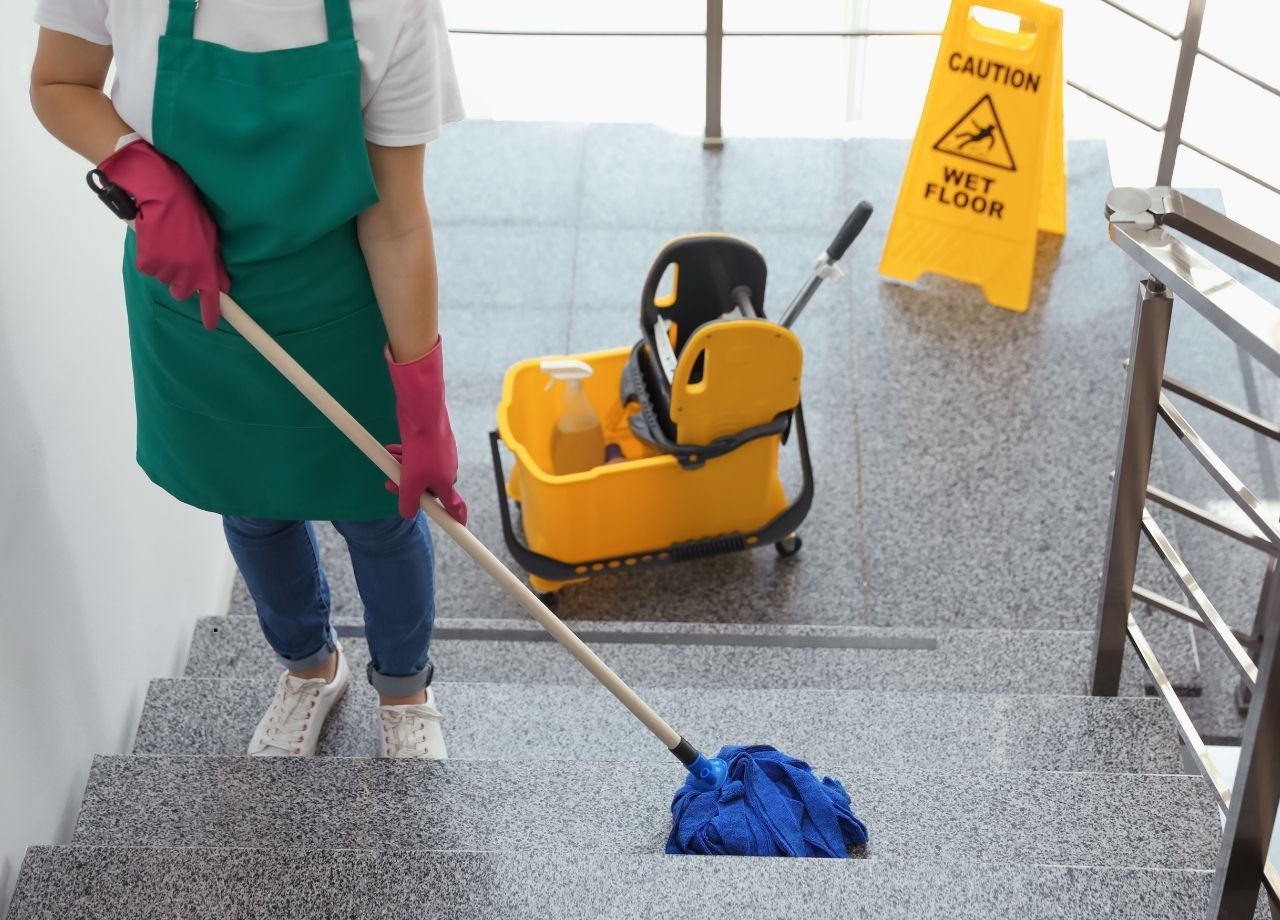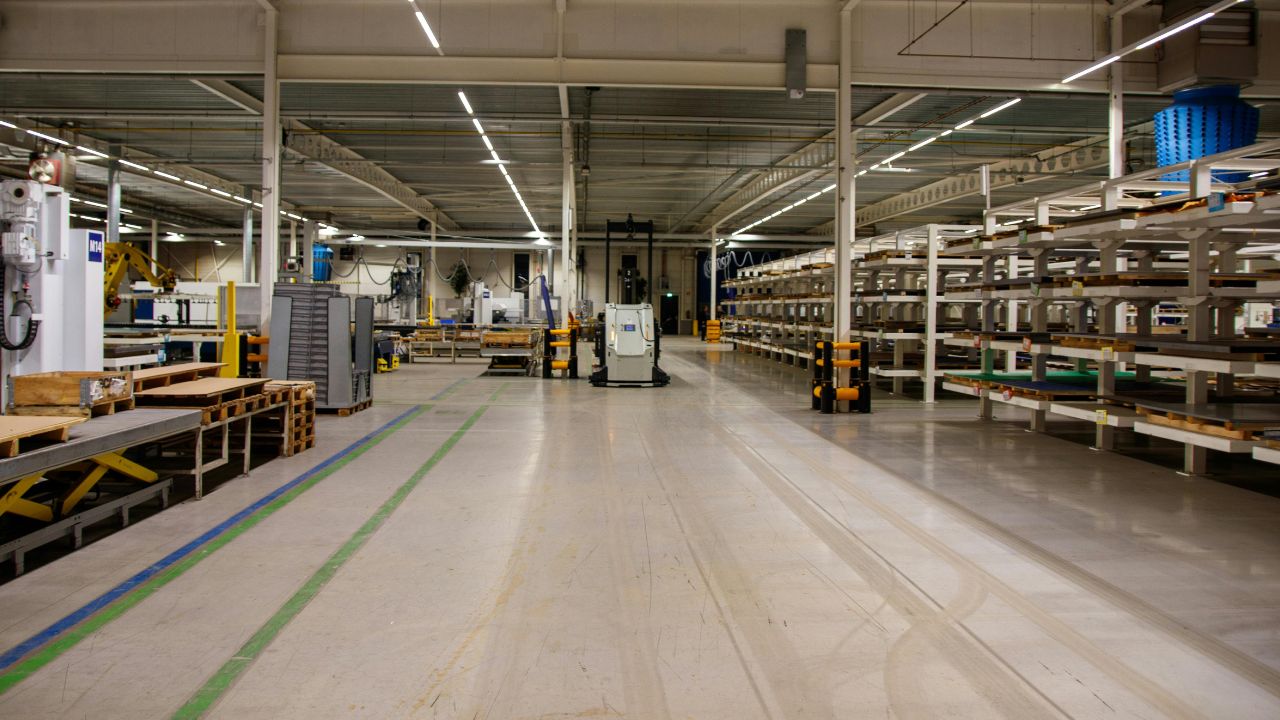How to Pick the Best Commercial Cleaning Service for Facility Managers
A well-maintained facility isn’t just about looking clean—it impacts employee productivity, tenant satisfaction, and even long-term asset value. For facility managers juggling multiple responsibilities, a dependable cleaning service helps ensure your building consistently meets both aesthetic and compliance standards. But with so many providers promising superior service, how do you know which one is truly the right fit?
Choosing a commercial cleaning provider isn’t just another item on your to-do list—it’s a decision that directly affects how smoothly your operation runs. By looking beyond surface-level promises and digging into experience, staff training, flexibility, and transparency, you can confidently choose a partner that will make your job easier—not harder.
Understanding Facility-Specific Needs
Not all commercial buildings have the same cleaning requirements. A corporate office might need daily trash removal, restroom maintenance, and polished common areas. In contrast, a manufacturing plant may require floor degreasing and industrial waste handling, while medical offices demand strict infection control and regulatory compliance. High-traffic retail locations require frequent sanitization of touchpoints and restocking of restroom and hygiene supplies.
Before signing a contract, conducting a walkthrough of the property with a potential provider helps identify unique needs. High-touch surfaces, specialized flooring, HVAC units, and even ceiling structures may require distinct cleaning approaches or products. Outlining these details early avoids misalignment in service expectations and ensures the cleaning team is equipped to handle them properly.
Certain industries have non-negotiable cleaning protocols. Data centers, for instance, must keep equipment dust-free to avoid overheating or system failure. Restaurants need to meet stringent health codes, which require sanitation that goes well beyond standard surface cleaning. Choosing a provider without specific experience in your industry could lead to compliance issues, added liability, or more work for you down the line.
Verifying Industry Experience
A provider’s past performance speaks louder than any pitch. A company that excels in office buildings may falter when thrown into a hospital or logistics facility with complex sanitation and safety needs. That’s why it’s important to ask for references specifically from businesses in your industry or with similar challenges.
Speak with those references about:
- Service consistency and reliability
- Responsiveness to concerns or changes
- Flexibility during emergencies or busy periods
If possible, request a visit to one of their current client sites. A walk-through shows not just the quality of cleaning, but how the crew conducts themselves, what equipment they use, and whether protocols are clearly being followed.
Look for providers with relevant certifications. The ISSA’s Cleaning Industry Management Standard (CIMS) and OSHA training are both indicators of professionalism and accountability. These credentials help ensure that the team understands industry best practices, follows safety standards, and operates with a clear quality control framework.
Evaluating Staff Training and Security
For many facility managers, cleaning crews work after hours or in high-security areas—making trust a major factor. Poor hiring practices can open the door to liability risks, theft, or even damage to your property. That’s why vetting employee screening procedures is essential.
Ask providers if they conduct:
- Background checks and drug testing
- Employment verification
- In-depth interviews and training assessments
Training is equally important. Improper use of cleaning chemicals, failure to follow infection control protocols, or misuse of floor machines can create hazards or cause damage. Ensure the team is trained in:
- OSHA standards and safety procedures
- Green cleaning products and eco-friendly practices
- Proper chemical dilution and storage
- Surface-specific cleaning methods
Providers that invest in continued education and offer certification programs for their staff signal long-term commitment to excellence. High turnover rates can also be a red flag. A revolving door of new hires often leads to inconsistent results, whereas experienced, long-term staff are more likely to develop reliable routines and familiarity with your facility.
Flexibility and Customization Options
Your facility isn’t static—so your cleaning service shouldn’t be either. Rigid cleaning packages may work for smaller operations, but most commercial buildings require a service that adapts with changing needs, business hours, and seasonal demands.
Ask potential providers about their ability to:
- Scale services up or down based on headcount or square footage
- Offer custom schedules, including nights and weekends
- Provide one-time or specialized services like post-construction cleanup or deep sanitizing
- Respond quickly to emergency or same-day service requests
Contract flexibility is also critical. If your business grows, or if usage patterns shift (as they often do in schools, office buildings, or retail environments), your cleaning plan should shift with you—without penalties or unnecessary hassle. Providers that refuse to budge on scope or scheduling are often difficult to work with when real-world challenges arise.

Assessing Equipment and Cleaning Products
Effective cleaning requires more than a checklist—it demands the right tools for the job. Outdated vacuums, improperly diluted chemicals, or worn-out microfiber cloths won’t get the job done and can even make things worse by spreading dirt or allergens.
Ask providers what equipment and products they use:
- Are they using modern disinfection methods like electrostatic sprayers?
- Do they maintain vacuums with HEPA filters to improve air quality?
- Are microfiber systems used for dust control and sanitation?
Eco-conscious facilities should also inquire about green cleaning options. Many facility managers today prioritize sustainability, and vendors who offer low-toxicity cleaning agents and water-efficient tools align better with environmental goals.
Finally, equipment maintenance matters. Ask how frequently their tools are cleaned or replaced. Dirty mop heads or clogged filters don’t just lower effectiveness—they can increase the risk of cross-contamination.
Reviewing Contract Terms and Pricing Transparency
Facility managers often feel burned by contracts that looked good on paper but created problems later. While price matters, an unusually low quote may indicate lower-quality products, rushed jobs, or untrained staff. Transparency is key.
Ask for a detailed, line-by-line breakdown of what’s included in the quoted price:
- Which services are weekly, monthly, or quarterly?
- Are supplies included or billed separately?
- What’s the cost for emergency or after-hours work?
Clarify contract terms before signing. Avoid long-term agreements that lock you in without performance guarantees. Trial periods, short-term contracts, or easy-out clauses give you time to assess service quality without risk.
Review policies for:
- Cancellation and notice periods
- Service guarantees
- Liability and insurance coverage in case of property damage
Ensuring Quality Control Measures Are in Place
It’s one thing to start strong—it’s another to maintain consistent standards over months or years. Many facility managers find that cleaning quality dips over time unless systems are in place for monitoring and accountability.
Ask how the provider tracks and ensures quality:
- Are inspections done regularly?
- Do supervisors check completed work?
- Is there a mobile app or digital log where you can review service activity?
Digital reporting tools make it easier to stay informed without micromanaging. You should know what’s being done, when, and by whom—especially in sensitive areas.
Also, ask how complaints or issues are handled. Do they have a service resolution policy? Will someone follow up with you directly? Providers who ignore concerns or delay follow-ups often create more stress for facility managers over time.
Communication and Responsiveness Matter
Communication shouldn’t be an obstacle. Whether it’s a last-minute schedule change, a special event, or a missed task, you need a provider who picks up the phone—or replies to your message—when you need them.
Look for companies that offer:
- A dedicated account manager or single point of contact
- 24/7 support or emergency response channels
- Regular check-ins or service reviews
Avoid providers that rely too heavily on automation or impersonal portals. You want a partner who knows your facility, understands your standards, and communicates like a teammate—not a call center.
Company Culture Reflects Service Quality
How a cleaning company treats its employees says a lot about the service you’ll receive. A company that invests in staff development, celebrates long-term workers, and promotes from within is far more likely to deliver reliable, high-quality results.
During the vetting process, ask about:
- Employee tenure and turnover rates
- Internal training and development programs
- Team supervision and accountability systems
Professionalism on-site is also a key indicator. Do crew members wear uniforms? Are they respectful of your facility’s rules and spaces? A disengaged or disorganized crew often reflects deeper problems in company leadership.
Reputation matters too. Awards, client retention rates, and peer reviews are all useful indicators that a provider stands behind their promises.
Making a Final Decision Based on Performance, Not Promises
At the end of the day, selecting the right commercial cleaning provider shouldn’t come down to who gives the slickest pitch. The best providers are the ones who understand your challenges, adapt to your facility’s needs, and consistently deliver results—day in and day out.
That’s exactly what National Facility Contractors brings to the table: strategic, industry-specific cleaning solutions backed by proven systems, long-term client relationships, and a commitment to doing the job right the first time.
Don’t just take their word for it—take time to visit current job sites, ask detailed questions, and request trial periods before signing a long-term deal. A good provider won’t shy away from scrutiny—they’ll welcome it.
Because in the end, your job is hard enough. You deserve a cleaning partner who makes it easier.






